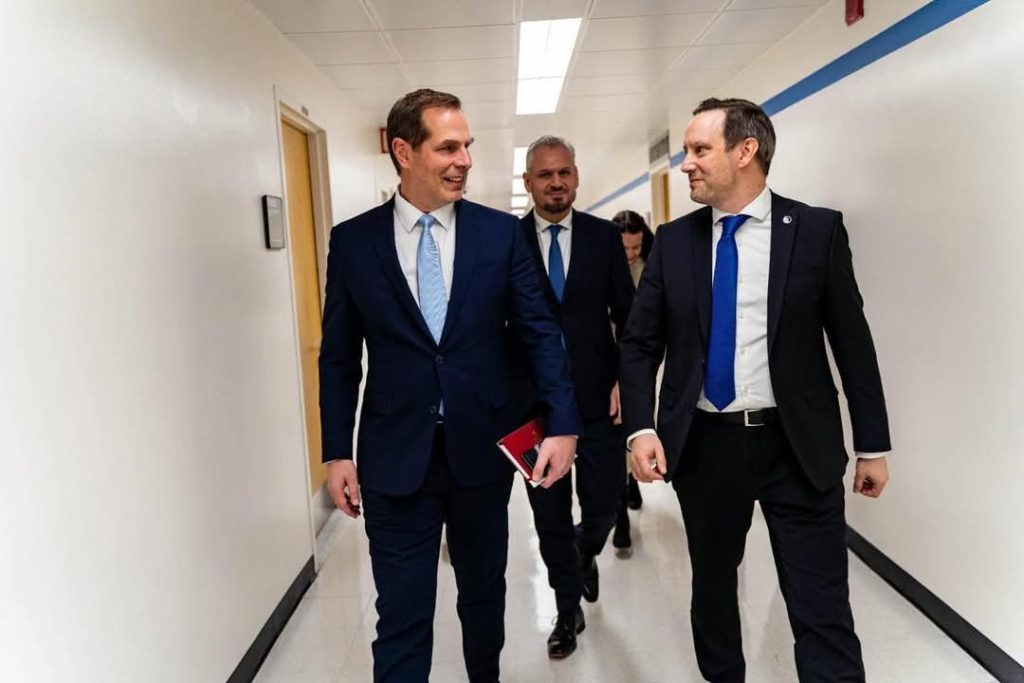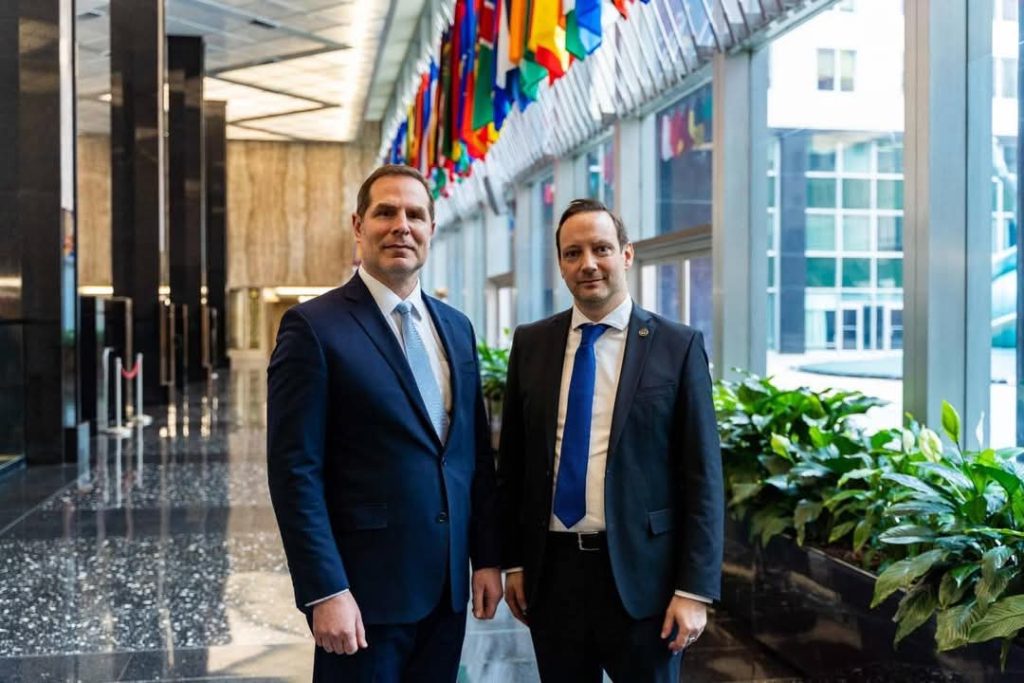
Washington, D.C. – A major shift in U.S.-Hungary relations was announced this week following high-level meetings between Hungarian officials and representatives of the Trump administration in Washington. Tristan Azbej, Hungary’s State Secretary for the Aid of Persecuted Christians and the Hungary Helps Program, confirmed that the U.S. has pledged to immediately halt aid programs that had previously been used to interfere in Hungary’s internal affairs.
Azbej, who led the first foreign delegation received by Pete Marocco, the U.S. State Department’s newly appointed official for international aid policy, highlighted the significance of these discussions. According to Azbej, the U.S. side acknowledged the Hungary Helps Program as a model for assisting persecuted Christians and expressed interest in collaborating with Hungary on future initiatives.
U.S. Reassesses Foreign Aid Strategy
The talks come as part of a broader effort by the Trump administration to overhaul U.S. foreign aid policy, including a review of the operations of the United States Agency for International Development (USAID). President Donald Trump has previously called for a complete transformation of U.S. aid programs, emphasizing the need to cut funding that supports political activities abroad.
Azbej stated that during the Biden administration, $7.4 million in American public funds were allocated to support Hungarian opposition campaigns. However, the current administration has taken a different approach, with Marocco vowing to put an end to politically motivated support programs and refocus aid efforts on genuine humanitarian needs.
Hungary and U.S. to Cooperate on Religious Freedom
Beyond aid reform, the discussions also emphasized the shared commitment of Hungary and the U.S. to protecting persecuted Christians worldwide. The two sides discussed reviving past cooperation on aiding Christian communities in Iraq, an initiative that was previously established during Trump’s first term.

Azbej also met with Massad Boulos, President Trump’s Chief Adviser on Middle East Affairs, as well as Republican senators and congressmen. He reported that his American counterparts praised Hungary’s efforts in advocating for persecuted Christians and expressed readiness to strengthen bilateral cooperation on religious freedom issues.
“This marks the beginning of a golden era of Hungarian-American relations, where helping persecuted Christians will be one of our most important common causes,” Azbej said.
USAID Under Scrutiny
As part of its broader reassessment, the Trump administration has placed USAID—a federal agency with an annual budget of approximately $40 billion—under State Department oversight, suspending all aid programs except for emergency humanitarian assistance.
Prominent voices in the administration, including Elon Musk, who has been involved in government efficiency reforms, have suggested dismantling USAID entirely, arguing that its operations are deeply flawed.
Musk has publicly called USAID a “criminal organization” and has advised President Trump to shut it down. His comments reflect a growing sentiment within the administration that foreign aid programs should be fundamentally reevaluated.
A Shift in U.S. Foreign Policy on Religion
Azbej also attended the International Religious Freedom Summit in Washington, where U.S. Vice President J.D. Vance delivered a speech signaling a dramatic shift in policy.
Vance declared “the end of the era in which the United States spreads and supports atheism around the world,” stating that the new administration will prioritize supporting Christian and other religious communities.
Azbej, reflecting on past experiences, noted that during the Biden administration, Hungarian initiatives on religious freedom were often met with resistance or even outright hostility. However, he expressed optimism that the current U.S. leadership is committed to rebuilding trust and cooperation.
With these developments, Hungary and the United States appear poised to strengthen diplomatic ties, with a renewed focus on religious freedom and depoliticized foreign aid.